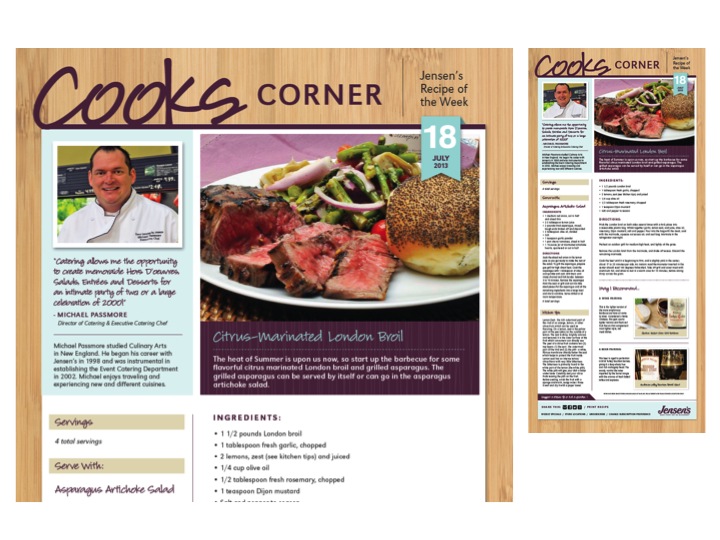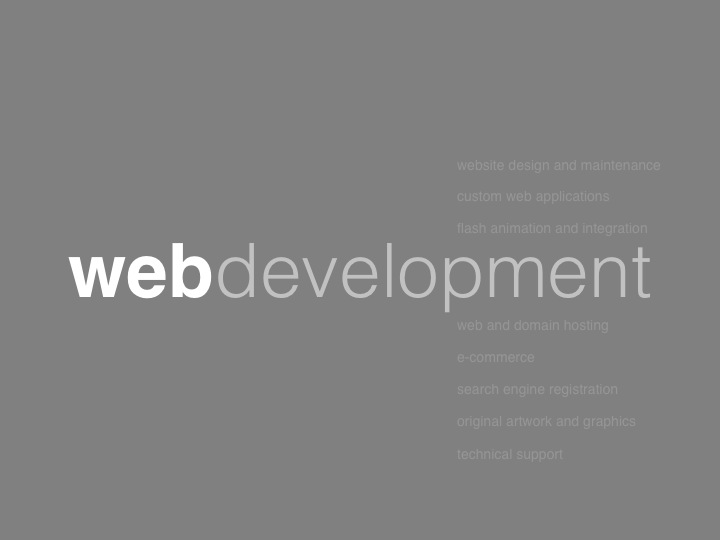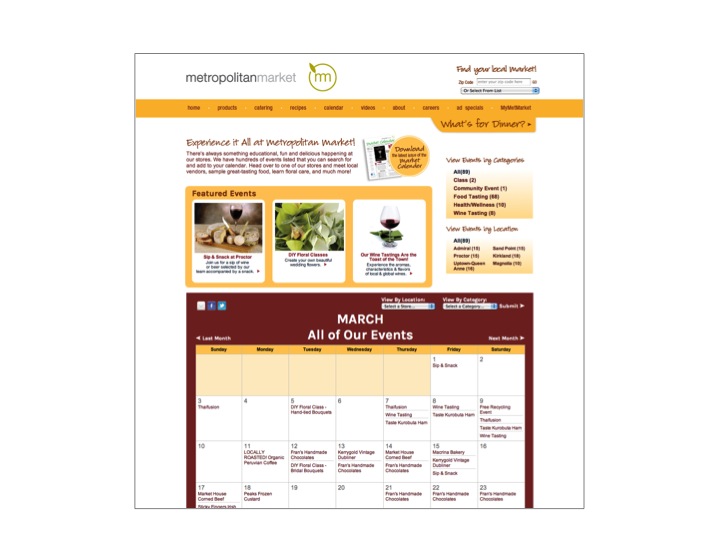DW's Blog
Birth Isn’t Accidental: On Witness, Providence, and the Outcomes We Cannot Claim
by DW Green — October 22, 2025

“What remains, what we can claim as truly ours, is only this: the capacity to witness it all. To stay awake. To observe without grasping, participate without claiming, live without demanding that the universe validate our importance through outcomes..”
There’s a teaching that circulates in spiritual circles, attempting to free us from the tyranny of ego and attachment to outcomes. It goes something like this: “Success comes, don’t think it is your success, and failure comes, don’t think it is your failure. All are accidental, coincidences—success and failure both, richness and poverty both, fame no fame. Whatsoever happens is accidental; only one thing is not accidental and that is your witness, the one who goes on watching the whole scene.”
The wisdom here is clear enough. Don’t claim ownership of outcomes. Don’t let success inflate you or failure crush you. Remain as the witness, the awareness that observes but doesn’t cling.
But something in this framing troubles the soul. That word: accidental. And its companion: coincidence.
THE PROBLEM WITH ACCIDENTS
To call life accidental is to suggest pure randomness, chaos without pattern or purpose. An accident implies no intention, no design, events colliding like billiard balls on a table with no one holding the cue.
Coincidence carries a slightly different texture. It suggests a convergence of separate events occurring simultaneously or in meaningful proximity, yet without causal connection. Things line up in ways that might feel significant but lack deliberate orchestration. Two people thinking of each other at the same moment. A book falling open to the exact passage needed. The right person appearing at the right time.
But even coincidence, for all its seeming significance, denies deeper purpose. It’s pattern without intelligence, alignment without appointment.
WHAT BIRTH TEACHES US
Consider birth itself. We understand the distinction between planned and unplanned pregnancies. But does “unplanned” mean “accidental” in the cosmic sense?
A birth may be unexpected, unscheduled by human intention, yet it cannot be called truly accidental. There were causes and conditions—biological, relational, circumstantial. The timing may have surprised the parents, but biology was doing what biology does. Causes met conditions. Life emerged not randomly, but inevitably, given what preceded it.
And beyond the biological mechanics, there’s something else. Something that suggests birth belongs not to the realm of accidents but to the province of the divine. Call it God, the One, the Source—the intelligence that knows the when of a life, even if the how remains subject to the intricate dance of human choice and circumstance.
If birth is providential, ordained, appointed by divine timing rather than random accident, then the entire framework shifts.
THE WORDS WE’RE MISSING
Between “I am the sole author of my life” and “everything is random accident,” there’s another territory. We need language for it.
Contingent—outcomes dependent on conditions, circumstances, and chains of causation we didn’t initiate or control, yet not purely random.
Emergent—arising from the interplay of multiple factors in ways that couldn’t be predicted from any single cause, yet following patterns and principles.
Consequential—following as results of prior conditions, part of an unfolding process rather than isolated incidents.
Providential—guided by or occurring through divine provision, suggesting intelligence and timing beyond human comprehension.
These words acknowledge something the original teaching misses: that we can surrender ownership of outcomes without surrendering meaning itself. We can release our grip on success and failure without declaring the universe meaningless chaos.
THE REVISED TEACHING
So perhaps the teaching needs refinement:
Birth isn’t accidental, but outcomes aren’t ours to claim—they belong to a larger intelligence, a divine timing. We participate, we witness, but we don’t author the whole story.
This preserves the humility of the original insight. Success and failure still aren’t “ours” in the egoic sense—we don’t get to take credit or blame as if we’re sole authors. We didn’t earn our birth, our talents, our circumstances. We don’t fully control what emerges from our efforts.
But neither are we random accidents stumbling through meaningless events. We are appointed beings, witnessing and participating in an unfolding that has its own intelligence and timing.
Success may come and it isn’t wholly ours—it arose from countless conditions, divine timing, the participation of others, circumstances beyond our control. Failure may come and it isn’t wholly ours either—for the same reasons.
THE ONE THING THAT REMAINS
And yet—the original teaching got something profoundly right. There is one thing that isn’t subject to the tides of circumstance, one element that transcends the fluctuations of fortune and misfortune.
The witness. The awareness itself.
Success comes and goes, observed. Failure comes and goes, observed. The body ages, observed. Thoughts arise and dissolve, observed. Even birth and death—bookends of the temporal story—are ultimately events witnessed by something that neither begins nor ends with them.
This witnessing awareness isn’t accidental. It isn’t coincidental. It isn’t even providential in the sense of being appointed for a time. It simply is—the constant against which all variables play out, the stillness in which all movement occurs, the silence in which all sound is heard.
THE SPACIOUSNESS THAT HOLDS IT ALL
How do we live with this understanding? How do we hold the paradox of being appointed yet not-in-control, meaningful yet unable to claim outcomes as possessions?
The answer lies in spaciousness.
Spaciousness is the universe’s container that holds all things. It’s the vast openness in which paradox doesn’t need resolution, in which opposing truths can coexist without collision. When we try to live from a cramped, either/or mentality – either I control everything or nothing matters, either I’m the author or I’m meaningless – we suffer from the constriction itself.
But spaciousness opens everything up. It allows room for divine timing we can’t comprehend, for mystery we don’t need to solve, for complexity we don’t have to flatten into false simplicity. There’s breathing room in it. There’s permission to not know, to be uncertain, to hold multiple truths simultaneously.
Living in spaciousness means moving through the world with open hands rather than clenched fists. We participate fully without demanding that outcomes validate our worth. We witness completely without detaching into cold indifference. We matter deeply without inflating our importance beyond proportion.
The spaciousness itself is a quality of the witness – that awareness vast enough to hold joy and sorrow, success and failure, birth and death, all without cramping down or turning away. It doesn’t grasp at what it likes or push away what it doesn’t. It simply holds. Contains. Allows.
LIVING THE PARADOX
We find ourselves, then, holding a paradox: We are both appointed and not-in-control. Both participating and witnessing. Both meaningful and unable to claim meaning as possession.
Our births were not accidents—they belong to divine timing, cosmic intelligence, the when that was known before we arrived. And yet the outcomes we produce, the successes and failures we experience, aren’t ours to clutch. They arise from conditions we didn’t create, timing we don’t control, a story we don’t fully author.
What remains, what we can claim as truly ours, is only this: the capacity to witness it all. To stay awake. To observe without grasping, participate without claiming, live without demanding that the universe validate our importance through outcomes.
Perhaps that’s enough. Perhaps that’s everything.
The witness doesn’t need success to justify its existence. It doesn’t collapse in the face of failure. It simply watches, aware, present, awake—the one constant in a life of variables, the one certainty in a world of contingencies.
Not accidental. Not coincidental. Not even owned.
Just here. Just now. Just aware.
And maybe that’s the point all along.
Read More – How are you today?
Filed Under: DW's Blog





















































